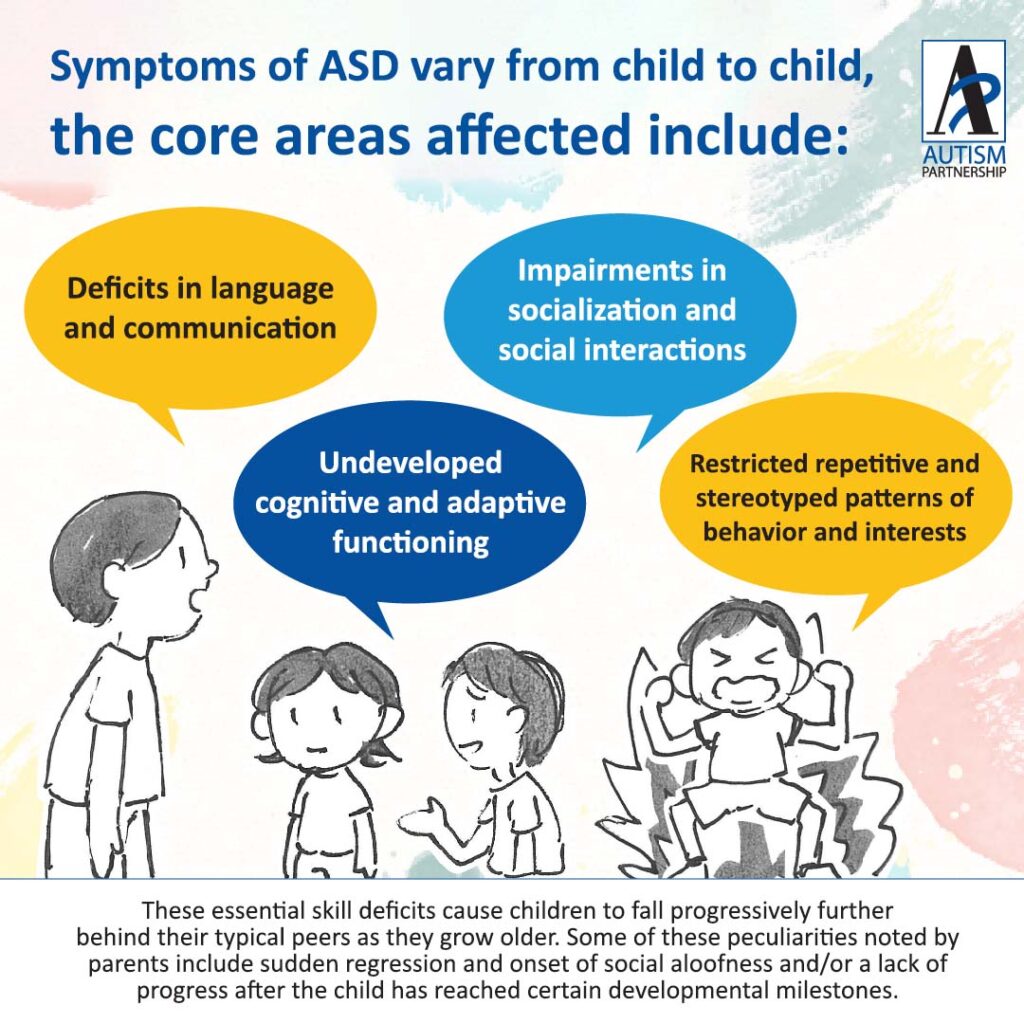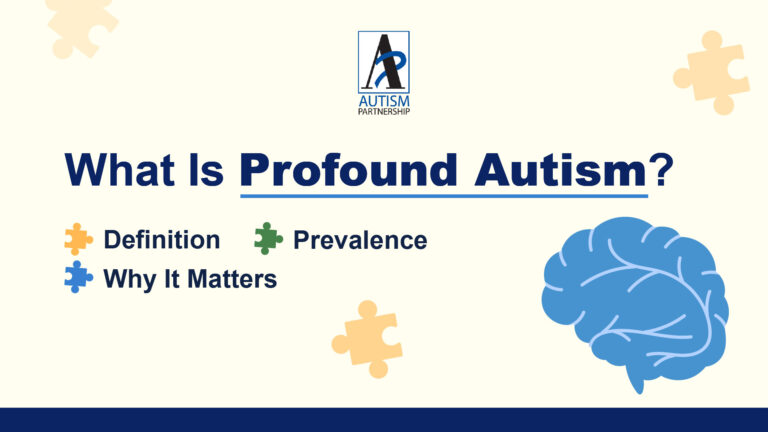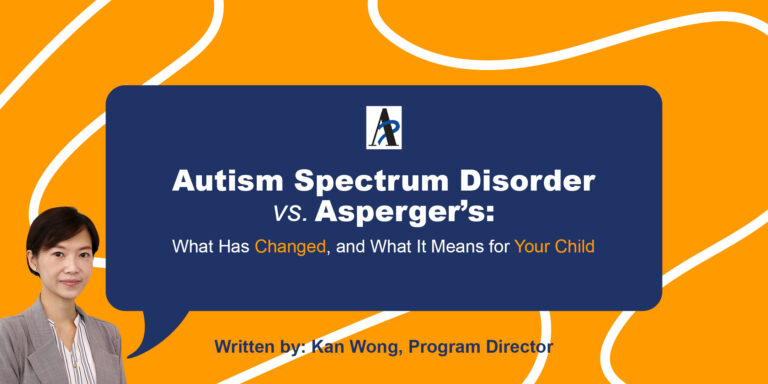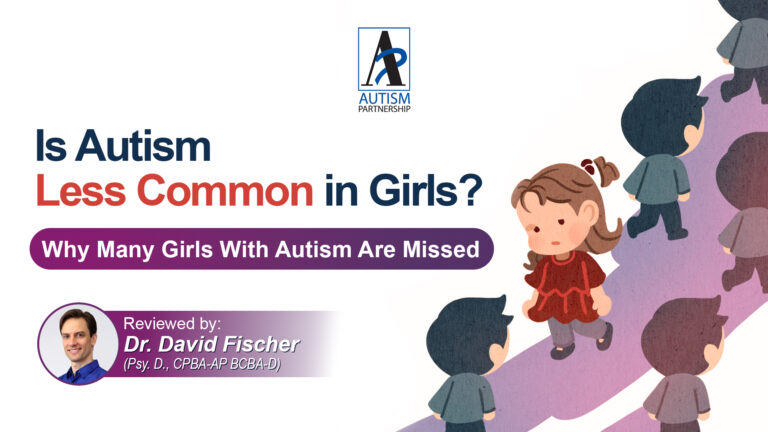
According to 2022 data from the U.S. Centers for Disease Control and Prevention (CDC), approximately 1 in 31 children (3.2%) aged 8 years has been identified with Autism Spectrum Disorder (ASD) through the CDC’s Autism and Developmental Disabilities Monitoring (ADDM) Network.
As the number of children diagnosed with ASD continues to rise, it’s more important than ever for parents to understand the early signs of autism, the benefits of early intervention, and the evidence-based treatment options that can make a lasting difference in a child’s development.
At Autism Partnership, one of the world’s leading providers of Applied Behavior Analysis (ABA) therapy, we have supported thousands of families through their autism journey. We understand the uncertainty parents feel, especially after receiving a diagnosis.
1. What Are the Symptoms of Autism Spectrum Disorder?
2. Early Signs of Autism in Toddlers (18 months – 3 years)
3. What Causes Autism? Can It Be Cured?
4. Choosing the Right Treatment for Your Child
ASD is a neurodevelopmental condition that affects social interaction, communication, and behavior. The range and severity of symptoms vary significantly from one child to another.
Common symptoms of autism include:

A common concern from parents is:
The short answer: There is no known single cause or cure.
Research suggests it is caused by a combination of genetic and environmental factors. While ASD is a lifelong condition, early and intensive intervention—particularly ABA therapy—can help children make meaningful progress and improve their quality of life.


Once a diagnosis is made, finding the right treatment becomes the next crucial step. With so many options and conflicting information, parents may feel uncertain.
Here are key questions to consider:


Over the past 30+ years, we’ve heard countless myths that can mislead parents:
It’s important to base your decisions on facts and evidence, not fear or hearsay. Let us help you separate myth from reality.
If you’re concerned about your child’s development or simply need professional guidance, we welcome you to schedule a free, no-obligation consultation.
During this session, our team will:

Individuals on the autism spectrum vary greatly in how their autistic characteristics shape their life. Some individuals go through their entire life without receiving a diagnosis. On the other hand, some children demonstrate indicators shortly after birth and are diagnosed as young as assessments allow. This article explains how autism has been defined over time—and […]

Over the years, I have met many parents who come to me with the same question: “What is the difference between Autism Spectrum Disorder and Asperger’s Disorder?” Some parents tell me their child was diagnosed with Asperger’s, not autism. Others hear from friends or online sources that Asperger’s is milder and wonder whether their child […]

Is autism really less common in girls than boys? Should parents feel more relieved if they have a daughter? Why Fewer Girls Are Diagnosed With Autism Autism Diagnosis in Boys and Girls: What the Data Shows How Autism Often Presents Differently in Girls – Social Motivation, Language, and Behaviour Other Common Traits Seen in Girls […]
Please share to let more people learn about ASD and ABA therapy:

All information received will always remain confidential. We will contact you as soon as we review your message. Thanks